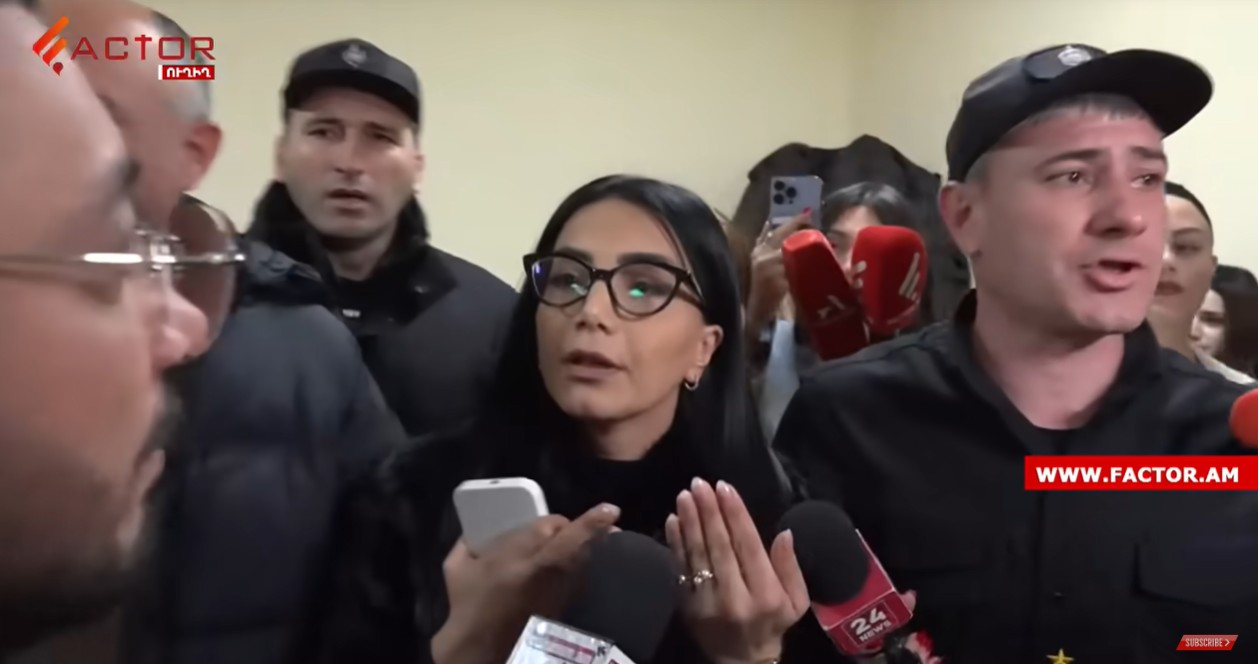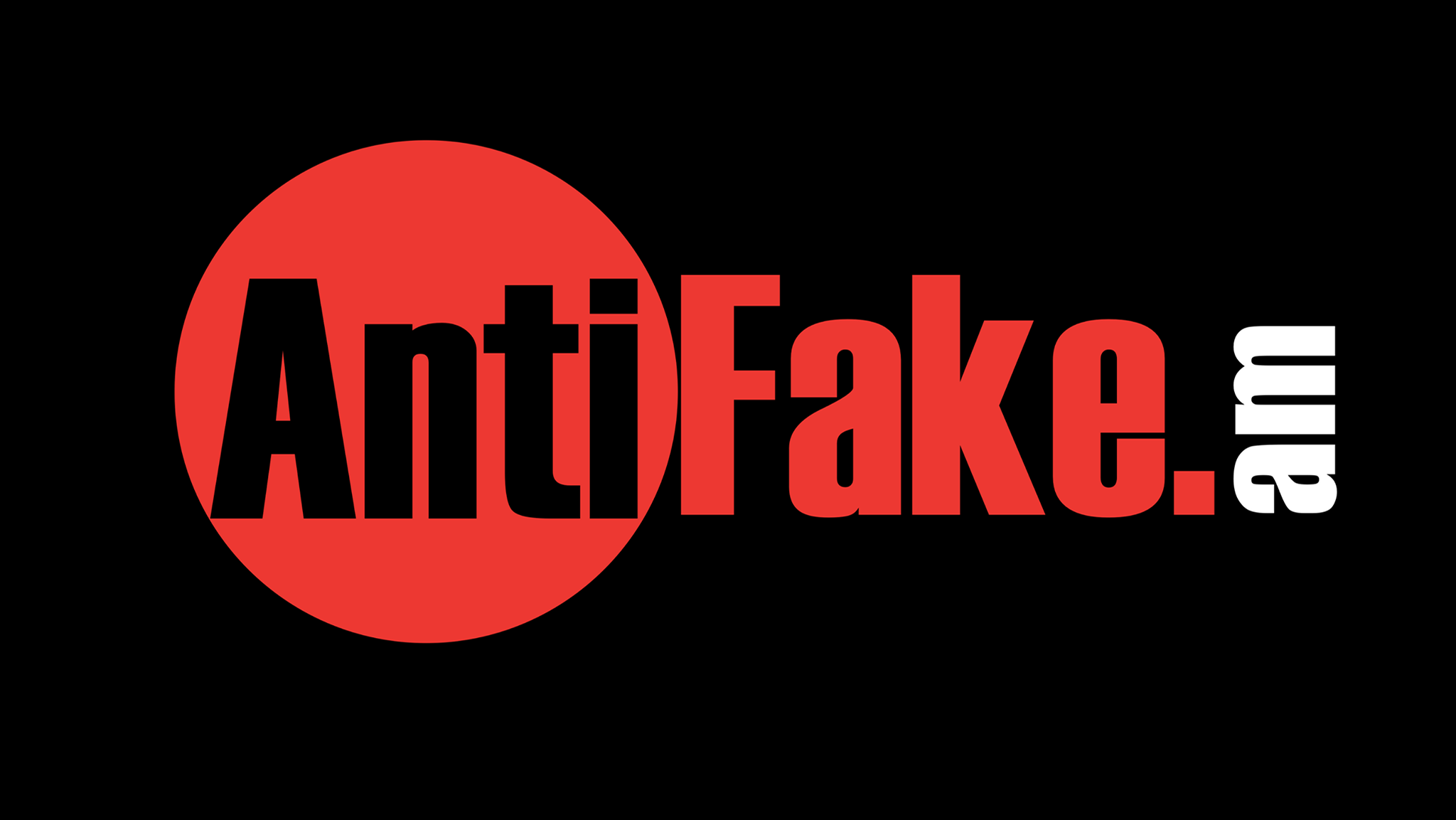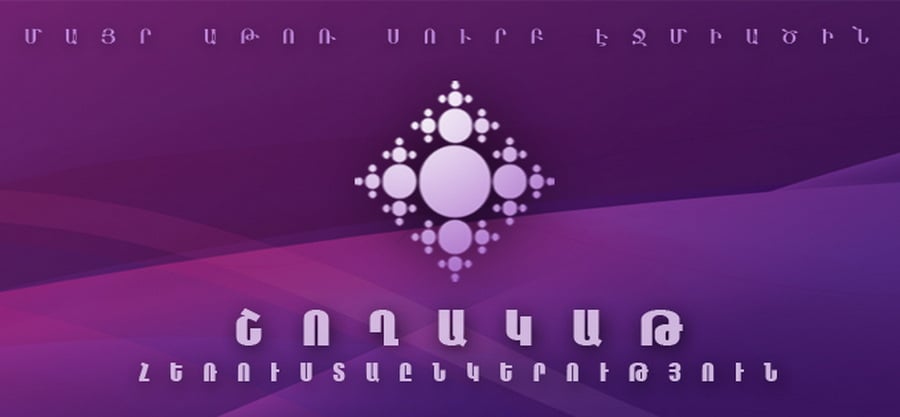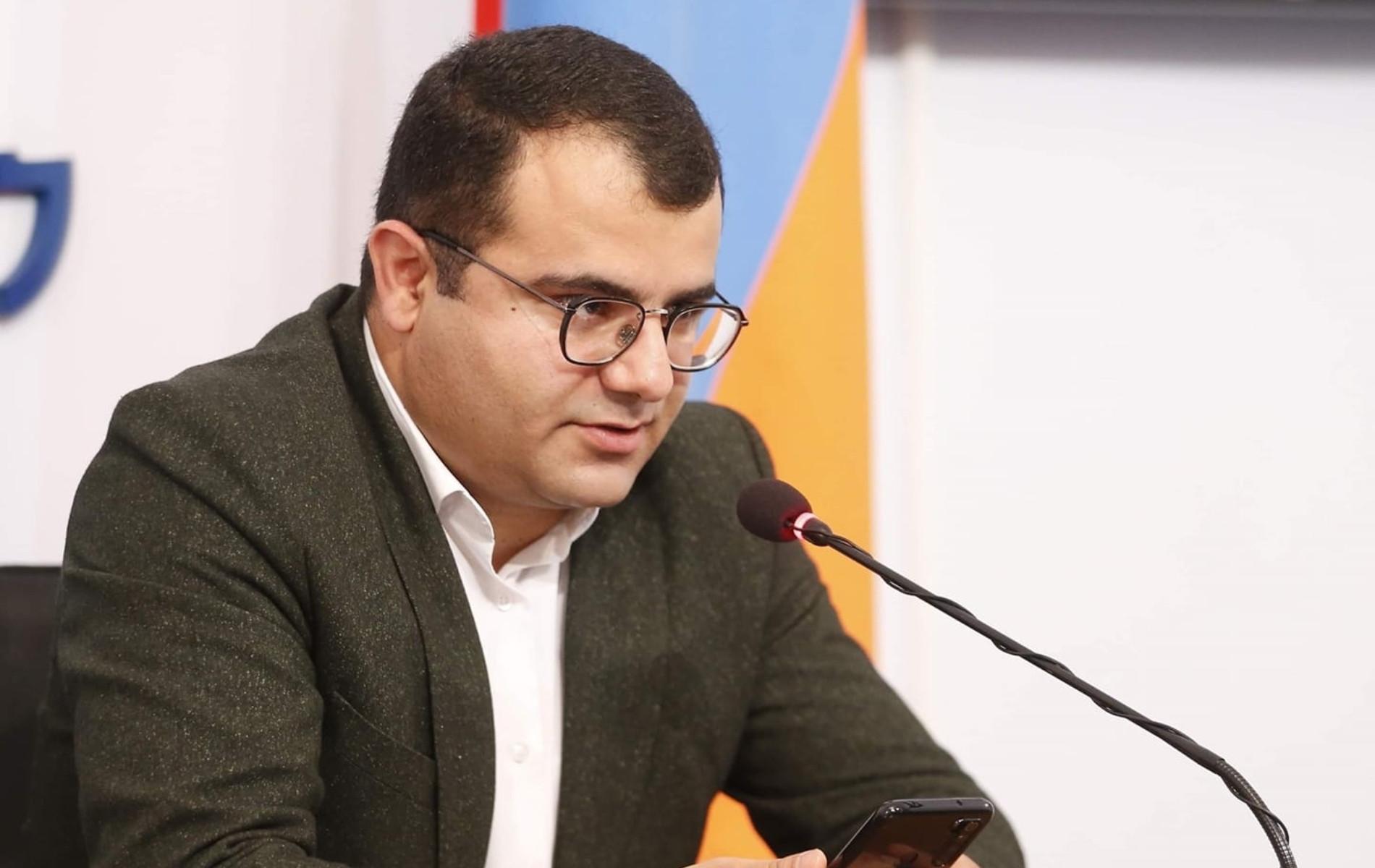By decision of the RA National Assembly Speaker the draft law “On the Structure and Activities of the Government”, which has not undergone thorough public discussion and has been harshly criticized by the media and non-governmental organizations, was placed on the agenda of the extraordinary session to be convened following the end of the February 27, 2018 regular sessions. The document envisages that the RA Government sessions will be held behind closed doors starting from the day the RA President-elect takes office. According to the document, ministers are prohibited from providing information on the discussion of any issue included in the agenda of the sessions without the permission of the Prime Minister. Furthermore, the authors of the draft law attempt to present the adoption of such work style as manifestation of democracy and guarantee for efficient operation.
While everything is the exact opposite. No government working secretly from the public and behind closed doors has ensured democracy and market economy development. Moreover, these conditions have resulted in growing corruption risks and decrease of public trust towards the government. The conduct of closed sessions groundlessly limits the chances of journalists to comprehensively cover the activities of the Government.
In fact, all the arguments voiced in media publications, as well as during various public discussions over the past month, which point out the regressive nature of closing Government sessions, have been completely ignored. The ruling elite, neglecting the criticism by the civil society, seeks to adopt at any cost the version of the draft law submitted to the National Assembly.
Taking into consideration the above-mentioned we, the undersigned organizations, demand:
- RPA-ARF parliamentary coalition to revise parts 16 and 17 of Article 10 of the mentioned draft law, envisaging the conduct of the RA Government sessions in open procedure and allowing for closed sessions only in cases regarding state and other secrets, without restricting the public speeches of ministers with the existence or absence of permission by the Prime Minister;
- the opposition forces of the RA National Assembly to use every possible means to actively struggle against the adoption of the current formulations of the above-mentioned provisions and initiate a revision process;
- international organizations to condition the cooperation with the Armenian authorities and the provided support based on transparency and public accountability of the government, readiness to counter corruption risks, ensuring civil society engagement in the development and implementation of important decisions.
COMMITTEE TO PROTECT FREEDOM OF EXPRESSION
YEREVAN PRESS CLUB
CENTER FOR MEDIA INITIATIVES
JOURNALISTS’ “ASPAREZ” CLUB
FREEDOM OF INFORMATION CENTER
MEDIA DIVERSITY INSTITUTE – ARMENIA
PUBLIC JOURNALISM CLUB
“JOURNALISTS FOR FUTURE” NGO
“JOURNALISTS FOR HUMAN RIGHTS” NGO
GORIS PRESS CLUB








